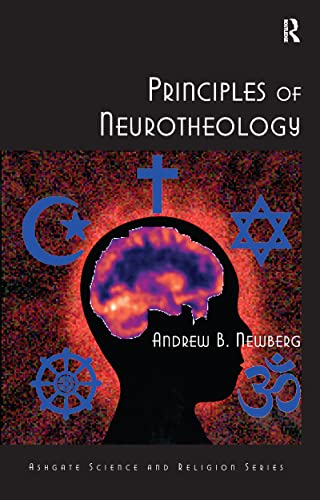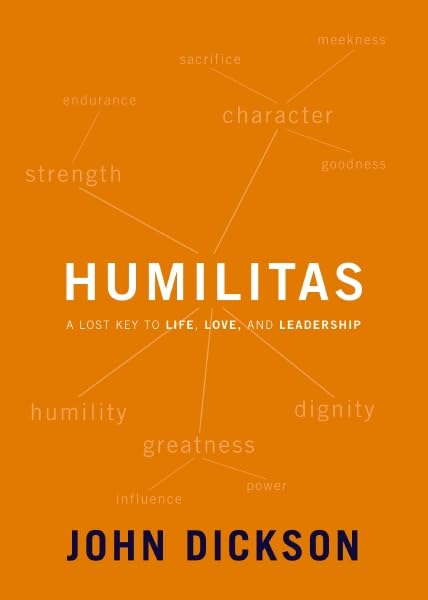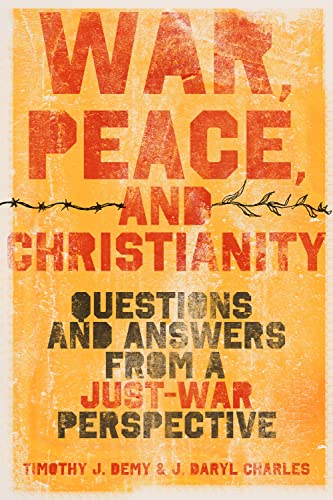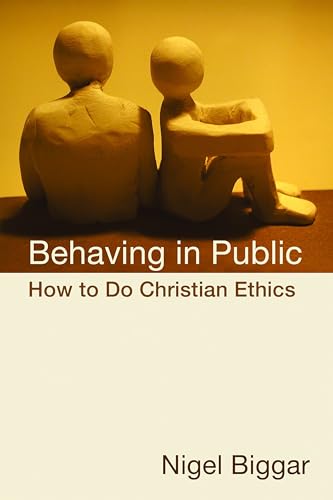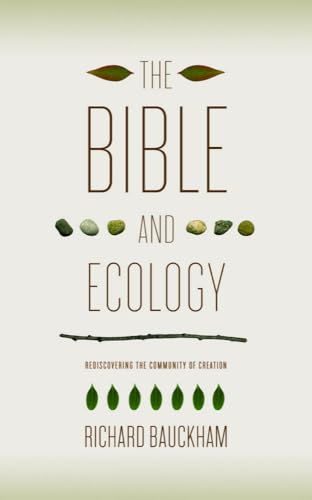Historical Theology: An Introduction to Christian Doctrine
Written by Gregg R. Allison Reviewed By Nathan A. FinnEvangelicals are periodically accused of caring more about trends and technique than theology. And, if we are honest, the accusation stings because it often sticks. Pragmatic considerations frequently trump theological formation in local churches, parachurch ministries, and even seminary curricula. We all know pastors who scoop up every new leadership book that comes along, but cannot recall the last time they read a serious theology book. Regrettably, the same could also be said of evangelical professors in some disciplines.
Fortunately, a growing number of evangelicals seem to care a great deal about theology. Membership in the Evangelical Theological Society is at an all-time high (not counting the hundreds of evangelical scholars in other groups such as the American Academy of Religion, the Society of Biblical Literature, the American Society of Church History, etc.). Seminaries, divinity schools, and universities annually graduate dozens of young evangelical scholars with research doctorates in theology and related disciplines. Organizations such as the Society for the Advancement of Ecclesial Theology are promoting a wedding of theological depth with pastoral ministry, while groups such as The Gospel Coalition (which publishes Themelios) are advancing an unapologetically confessional, pan-evangelical agenda.
If evangelicals are to continue recovering a commitment to robust theology, we will need to make sure that we do so in continuity with the wider Christian intellectual tradition. This is where historical theology comes into the picture. There are many good historical theological resources available, but evangelicals will find few as helpful, at least for initial research, as Gregg Allison's Historical Theology: An Introduction to Christian Doctrine. Allison is professor of Christian theology at The Southern Baptist Theological Seminary. Over the years, he has taught courses in systematic theology and church history, essential prerequisites for writing a good historical theology textbook. And this is a very good historical theology textbook.
Historical Theology is a companion volume to Wayne Grudem's very popular Systematic Theology: An Introduction to Biblical Doctrine; Grudem was Allison's doctoral supervisor at Trinity Evangelical Divinity School. Allison begins with an introductory chapter that defines historical theology, discusses various ways that studying the discipline benefits evangelicals, and situates historical theology in relation to other theological disciplines. Concerning the latter, he argues that historical theology plays a “ministerial” rather than “magisterial” role, helping to aid believers in moving from exegetical, biblical, and systematic theologies to thoughtful practical theology (pp. 32-33). After the opening chapter, Allison's format generally follows that of Grudem's textbook, though some topics are omitted or condensed into a single chapter (pp. 19-20). Allison begins each chapter by using Grudem's definition of the doctrine(s) under consideration. The connection with Grudem should help guarantee a wide readership for Allison.
The structure of Historical Theology is one of the book's distinguishing aspects. Because this volume is meant to be read in conjunction with a systematic theology textbook, it is structured according to the traditional theological loci and related subtopics. This differs from most historical theology textbooks, which follow church history surveys and tend to be structured around a mostly chronological narrative. While the structure will likely bug some church historians (they always have Pelikan), theologians and pastors will probably find the format very helpful for lecture or sermon preparation and other research. Another useful feature of Allison's textbook is the substantial glossary of terms and figures; students and pastors in particular will appreciate the ability to flip to the glossary to remind themselves of the difference between Gregory the Great and Gregory of Nazianzus.
Within the chapters themselves, Allison develops each topic chronologically, moving from the Patristic era to the Modern period. He focuses upon major figures and themes, with periodic primary source selections included in the text. Understandably, the period(s) that most influenced the development of a particular doctrine receives the greatest treatment within each chapter. For example, the chapter on the Trinity devotes most of its attention to the Patristic era, while the chapter on creation is heavily weighted toward developments in the past two hundred years.
The overall tone of the book is what might be called “evangelical neutrality” (Allison writes from an evangelical perspective for a primarily evangelical audience), but for the most part he sticks to description rather than prescription. This is especially true of those topics debated among evangelicals such as the finer points of ecclesiology and eschatology. When Allison is prescriptive, he is always gracious and, arguably, at his best. For example, his chapters related to the doctrine of Scripture are, in my opinion, the strongest in the book; I was not surprised to learn that his dissertation is devoted to the clarity of Scripture. Hopefully, Allison will eventually develop some of this material into a constructive monograph on that important topic.
As with any textbook, scholars will quibble over some of the particulars (the treatment of canonization underplays the role of church tradition in the process) or gripe that a given thinker was not included (Thomas Torrance comes to my mind). Nevertheless, evangelical readers should appreciate this very helpful work, especially in light of the overall breadth of figures and movements with whom Allison engages. Non-evangelicals will appreciate Allison's generous tone, even when they disagree with his interpretations. In my opinion, there is no better single-volume historical theology textbook written from an evangelical perspective. It deserves wide adoption in seminary classes and would make a worthy addition to local church libraries. Pastors would benefit greatly from reading through Historical Theology; it will also be a helpful reference resource for sermon preparation and other teaching.
Nathan A. Finn
Nathan A. Finn (PhD, Southeastern Baptist Theological Seminary) serves as provost and dean of the university faculty at North Greenville University. He is co-editor of the forthcoming volume Historical Theology for the Church (B&H Academic, 2021).
Other Articles in this Issue
Evaluating a new English translation of the Bible can be extremely difficult...
In the November 2009 edition of Themelios, Dane C...
Jonathan Edwards (1703-1758) is remembered today as a saint, scholar, preacher, pastor, metaphysician, revival leader, theologian, Calvinist—the list goes on...
Almost two decades ago I wrote an essay titled " When Is Spirituality Spiritual? Reflections on Some Problems of Definition ...
He was the youngest son of elderly parents. His childhood was secluded and unhappy, which might in some measure account for his lifelong melancholy...



